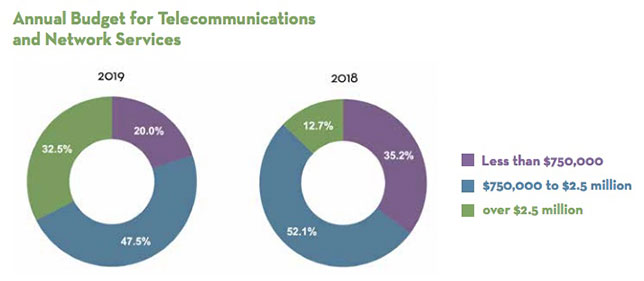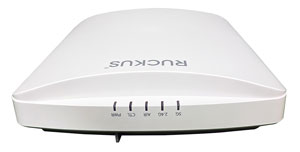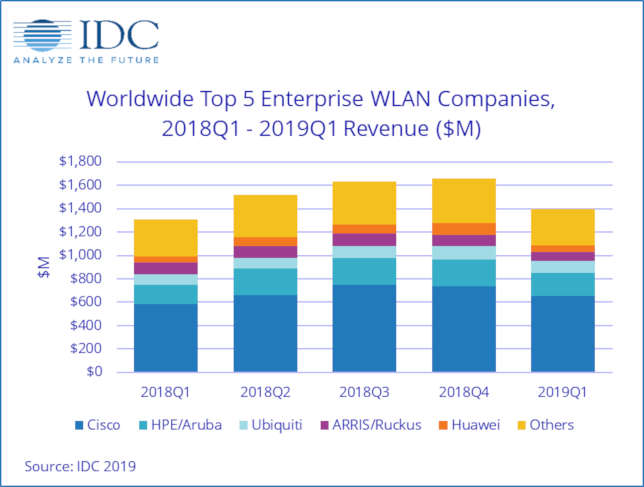
New forms of wireless technology are poised to enable emerging tech such as robots, drones, self-driving vehicles and more, according to a recent assessment by Gartner. The research firm identified 10 key wireless trends worth watching as the technology continues to develop over the next five years.

On the heels of wrapping up a 10-year network master plan, Indiana University has gone public with a new plan to undertake a massive upgrade of its network infrastructure. The university said it intends to build up its administrative and learning environment to support a quarter of a million concurrent devices across all of its nine campuses.
The FCC is moving forward with a plan to auction off spectrum from the Educational Broadband Service to commercial providers.

About one-third of higher education institutions have budgeted more than $2.5 million annually for on-campus technology and networking services — nearly triple the number of schools with budgets of that size last year.

About three-quarters of higher education institutions in a recent survey currently offer wireless coverage for 81 percent to 100 percent of the entire campus.

The majority of colleges and universities — 72 percent — allow students to connect as many devices as they wish to the residential network. But far and away the devices consuming the most bandwidth on campus are smartphones, according to the latest State of ResNet Report from the Association of College and University Housing Officers-International.

Ruckus Networks (acquired by CommScope earlier this year) has introduced two new multigigabit access products.

The immediate future looks bright for the wireless hardware market, thanks in part to anticipated enterprise adoption of WiFi 6.

The last day of finals week wasn't a good one for students at Western Michigan University. Two failed routers that were meant to provide redundancy to each other created an "unprecedented computer network failure" at the campus, preventing many students from logging into the network, taking online exams or turning in last-minute assignments.

Modest investments in the Internet of Things can have a significant impact on students' journey through college. Here's how one institution implemented IoT tech to provide extra student supports in key areas.